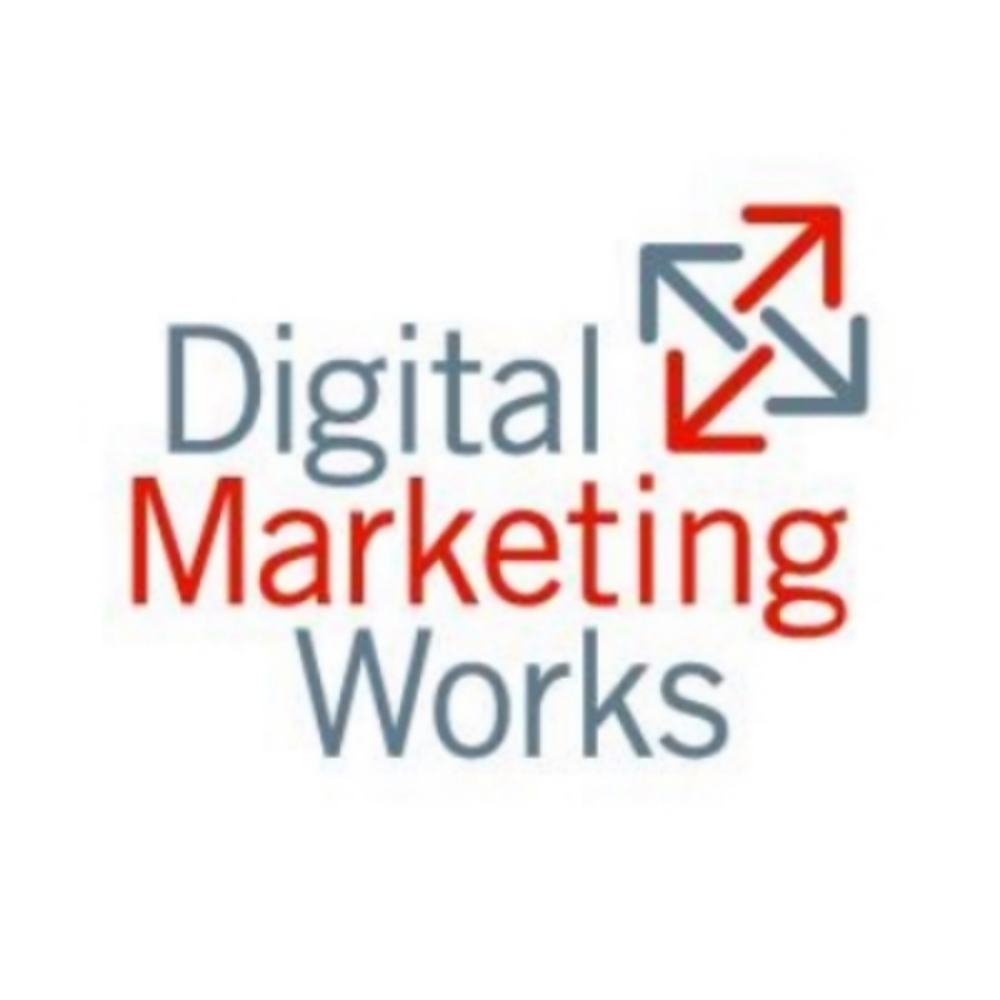The iPad Impact
/"What is unique about the iPad is they are truly the most tactile device, with a larger screen where you are actually moving the content with your hands, not a mouse or keyboard," she said. "This is a more immersive experience than the lean back of TV or the lean forward of the PC. You are part of the content."
Great quote from Catherine Spurway, Pointroll VP Advertising and Marketing. I've been using an iPad for about a month now and my expectations and early hypotheses have been shattered. When Apple announced the iPad I felt it would be mostly a media consumption device - a large iTouch. I believed it would be hard to use for productivity based work apps. I under valued this revolutionary product and the great opportunity for touch interfaces.
The iPad experience is so superior to the PC or Mac model. I now refuse to travel with my Sony notebook (which is quite small). I am typing this blog from my iPad while the person sitting next to me on this AA flight watches a movie on hers. I brought my notebook on this business trip but haven't booted it up - just thinking about that makes me queasy! For now on, the Sony will stay in its dock in my office. I feel so liberated and know my travel life will be better, easier, more productive and more entertaining. A wise colleague has a great blog called "Death of the Mouse". Through my recent iPad experience, I now understand the paradigm change to touch interfaces. As the mouse dies, so will the hardware and software that work with mice and support the PC paradigm.
This is possible due to the beautiful Apple design and user experience plus cloud computing, easy low-cost apps, and improved and pervasive mobile broadband. This iPad experience will only get better as more apps are released and integration between apps, device and cloud services improves. There are a slew of new business productivity iPad apps hitting the market including apps for viewing, editing and saving Microsoft office files. The NY Times reviewed a couple of these new apps today.
The Puppy Effect
Many of us have experienced the magnet effect of walking a puppy in NYC (free tip for singles out there). Well, my new puppy is my iPad. Everyone wants to see it, touch it, play with it. I am having more conversations with strangers (do I really want/need that)? And once someone tries it, they must have one. I have seen this with a few friends already with their wives contacting me with questions so they can order the iPad for Fathers Day.
Many of us have experienced the magnet effect of walking a puppy in NYC (free tip for singles out there). Well, my new puppy is my iPad. Everyone wants to see it, touch it, play with it. I am having more conversations with strangers (do I really want/need that)? And once someone tries it, they must have one. I have seen this with a few friends already with their wives contacting me with questions so they can order the iPad for Fathers Day.
Naturally, being the digital marketing consultant and competitive freak that I am, I need to make a bunch of predictions about the winners and losers from the new iPad paradigm so here goes.
The Winners
- Apple, naturally – the stock broke 270 today…all time high.
- Smart advertisers (and agencies) who will test this platform before it reaches scale – test, measure, refine…
- iPad app developers – the smart ones will develop “universal applications" (iPad, iPhone, etc.)
- iPad accessory makers – the iPad needs a lot of accessories to connect to devices, to enjoy media, etc.
- Desktop makers – much cheaper than laptops. More will ask “do a really need a laptop and iPad?”.
- Cloud services – as local storage goes away, demand for the cloud increases.
- Digital Content producers – the iPad is the best digital content device ever.
- Apple, again - do we really need both iPad and iPhone? There are better phones and networks. Plus, there's little app synergy yet. Time will tell...
- Notebook makers – see above.
- Software incumbents – see above.
So, what do you think? Please comment below.

